In the world of agriculture, row crop cultivators are seen as a powerful tool that helps farmers boost efficiency, improve soil health, and increase yields. These versatile machines play a crucial role in preparing, maintaining, and enhancing row crop fields. This article will delve into the importance of row crop cultivators and how they contribute to the overall success of modern farming. 1. Precision Planting: One of the primary functions of row crop cultivators is precision planting. Unlike conventional broadcast seeding methods, where seeds are scattered haphazardly across the field, row crop cultivators ensure precise seed placement.
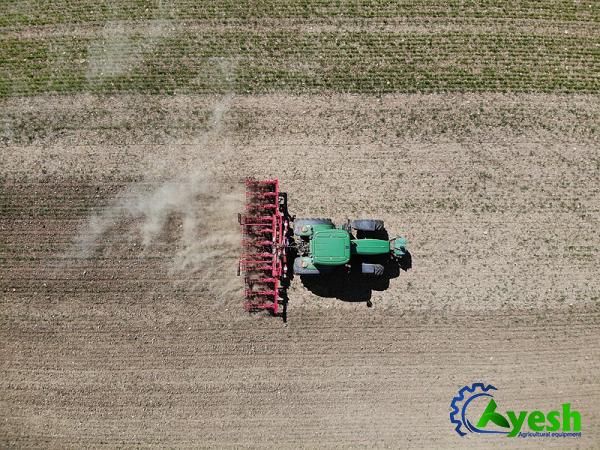
.
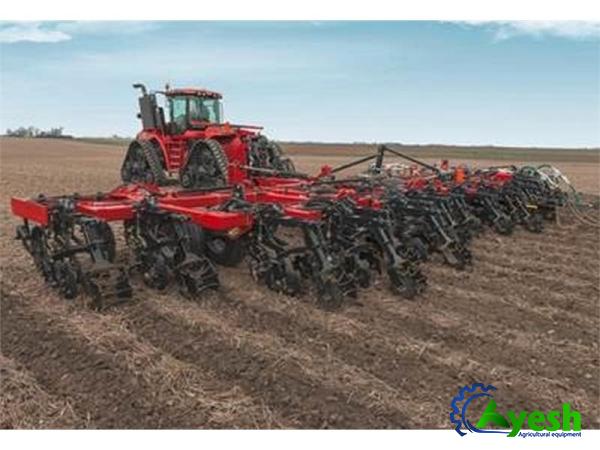 By creating evenly spaced rows, they enable efficient planting, reducing seed waste, and optimizing crop density. 2. Weed Control and Pest Management: Weeds and pests can severely impact crop productivity. Row crop cultivators act as a frontline defense by mechanically uprooting and suppressing weeds. Additionally, these cultivators can be equipped with precision herbicide application systems, minimizing the use of chemicals while effectively targeting weeds. As a result, farmers can reduce herbicide expenses and achieve sustainable weed control. 3. Soil Health and Moisture Preservation: The cultivation process helps manage soil moisture levels, particularly in row crop fields. By breaking up compacted soil and incorporating crop residue, cultivators improve aeration and water infiltration, allowing roots to access vital nutrients and water more efficiently. This helps maintain optimal soil health, leading to healthy plant growth and higher yields.
By creating evenly spaced rows, they enable efficient planting, reducing seed waste, and optimizing crop density. 2. Weed Control and Pest Management: Weeds and pests can severely impact crop productivity. Row crop cultivators act as a frontline defense by mechanically uprooting and suppressing weeds. Additionally, these cultivators can be equipped with precision herbicide application systems, minimizing the use of chemicals while effectively targeting weeds. As a result, farmers can reduce herbicide expenses and achieve sustainable weed control. 3. Soil Health and Moisture Preservation: The cultivation process helps manage soil moisture levels, particularly in row crop fields. By breaking up compacted soil and incorporating crop residue, cultivators improve aeration and water infiltration, allowing roots to access vital nutrients and water more efficiently. This helps maintain optimal soil health, leading to healthy plant growth and higher yields.
..
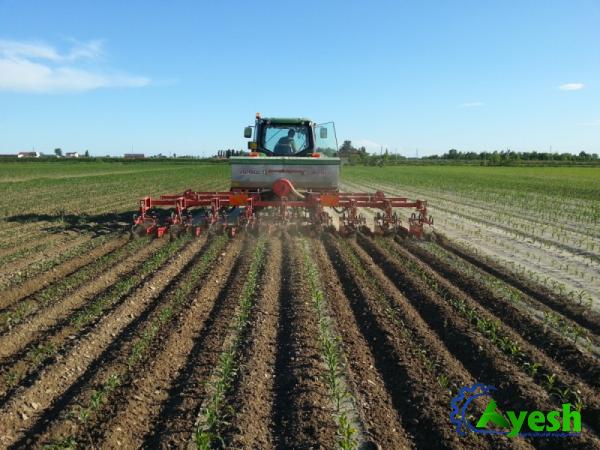 4. Nutrient Incorporation and Fertilizer Enhancement: Row crop cultivators play a crucial role in incorporating fertilizers into the soil. By precisely placing nutrients around the plant roots, these machines ensure that plants have access to the essential elements required for growth. This precise nutrient management leads to balanced crop nutrition, reducing waste and simultaneously improving the effectiveness of fertilizers. 5. Seedbed Preparation and Residue Management: Before planting, row crop cultivators help prepare the seedbed by tilling the soil, breaking up clumps, and removing debris. They create an ideal environment for seed germination and root development, promoting uniform emergence and early growth. Moreover, cultivators can effectively manage crop residue, a crucial component for mitigating erosion, retaining moisture, and adding organic matter to the soil. 6. Time and Cost Savings: Row crop cultivators offer a streamlined approach to multiple field operations.
4. Nutrient Incorporation and Fertilizer Enhancement: Row crop cultivators play a crucial role in incorporating fertilizers into the soil. By precisely placing nutrients around the plant roots, these machines ensure that plants have access to the essential elements required for growth. This precise nutrient management leads to balanced crop nutrition, reducing waste and simultaneously improving the effectiveness of fertilizers. 5. Seedbed Preparation and Residue Management: Before planting, row crop cultivators help prepare the seedbed by tilling the soil, breaking up clumps, and removing debris. They create an ideal environment for seed germination and root development, promoting uniform emergence and early growth. Moreover, cultivators can effectively manage crop residue, a crucial component for mitigating erosion, retaining moisture, and adding organic matter to the soil. 6. Time and Cost Savings: Row crop cultivators offer a streamlined approach to multiple field operations.
…
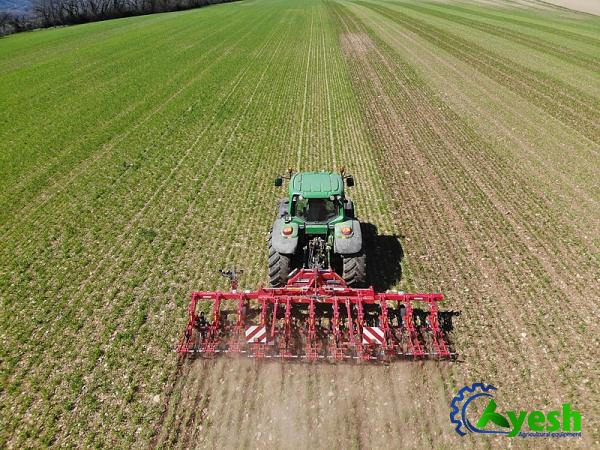 A single pass with a cultivator can encompass tasks like planting, cultivating, and fertilizing, saving valuable time and reducing fuel consumption compared to separate operations. Additionally, by minimizing the need for chemical intervention and optimizing resource utilization, cultivators can significantly cut down on input costs. Conclusion: Row crop cultivators have become indispensable tools for modern farmers seeking to maximize their yields while maintaining sustainability practices. By combining precise planting, weed control, soil health management, and efficient nutrient utilization, these machines empower farmers to optimize their crop production. As technology and innovation continue to advance, we are likely to witness even more sophisticated cultivators that further enhance farming practices, benefit the environment, and secure food supplies for growing populations.
A single pass with a cultivator can encompass tasks like planting, cultivating, and fertilizing, saving valuable time and reducing fuel consumption compared to separate operations. Additionally, by minimizing the need for chemical intervention and optimizing resource utilization, cultivators can significantly cut down on input costs. Conclusion: Row crop cultivators have become indispensable tools for modern farmers seeking to maximize their yields while maintaining sustainability practices. By combining precise planting, weed control, soil health management, and efficient nutrient utilization, these machines empower farmers to optimize their crop production. As technology and innovation continue to advance, we are likely to witness even more sophisticated cultivators that further enhance farming practices, benefit the environment, and secure food supplies for growing populations.
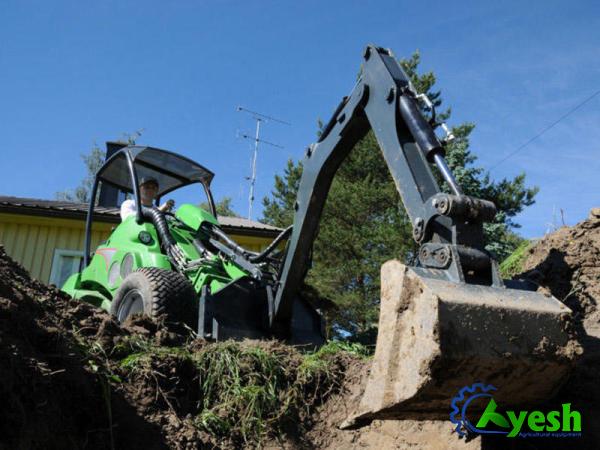
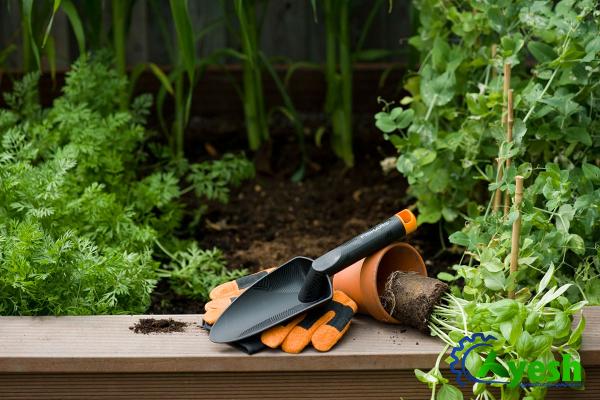
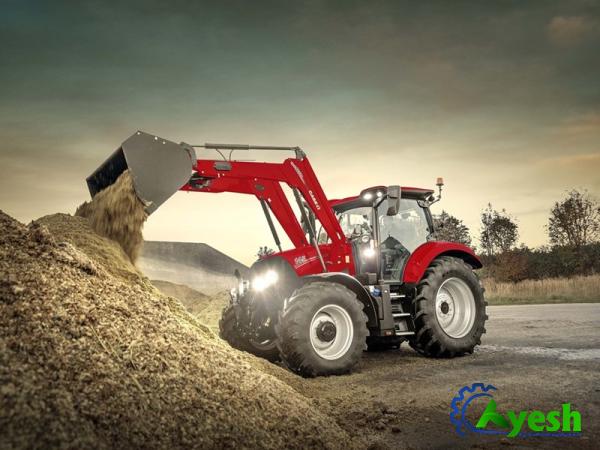
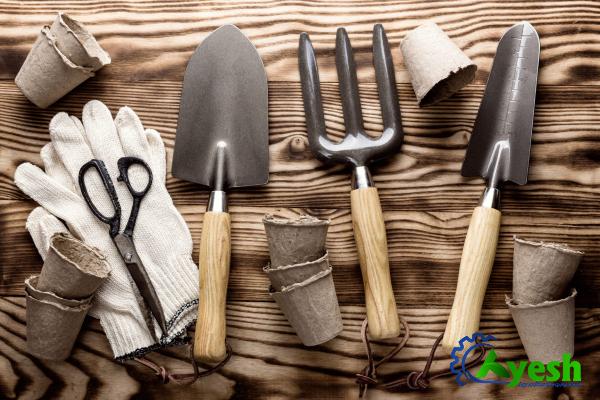
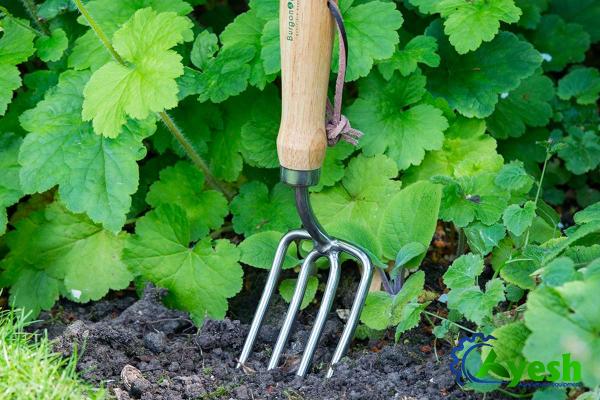

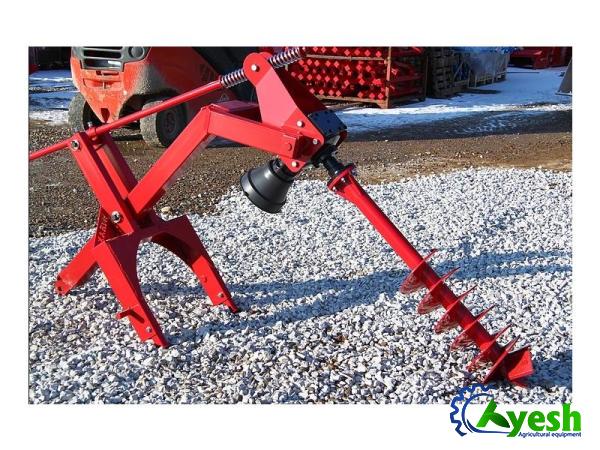
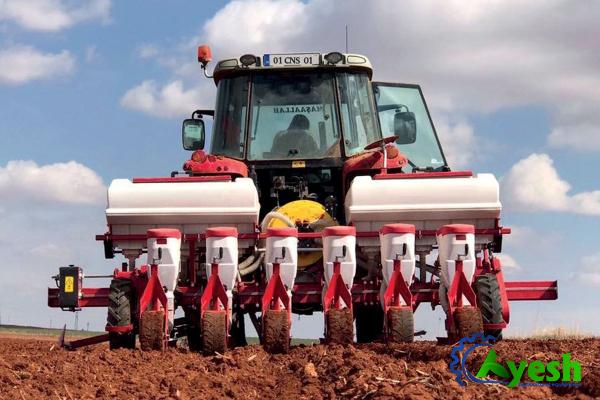
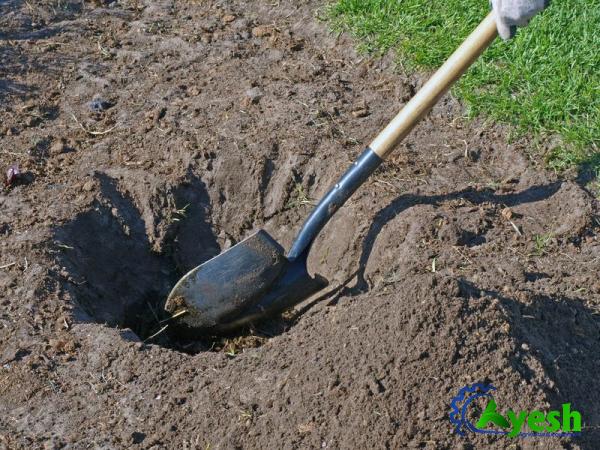
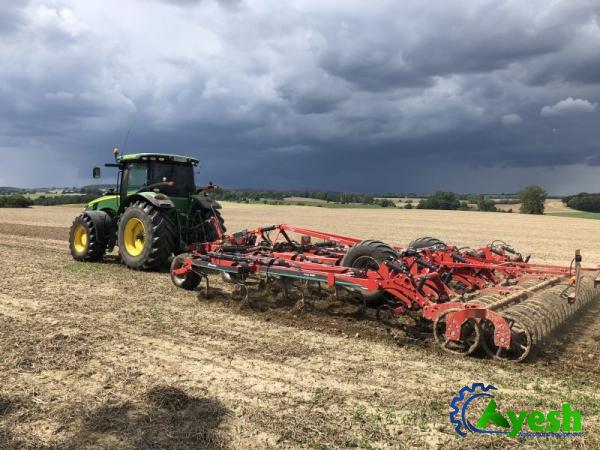
Your comment submitted.